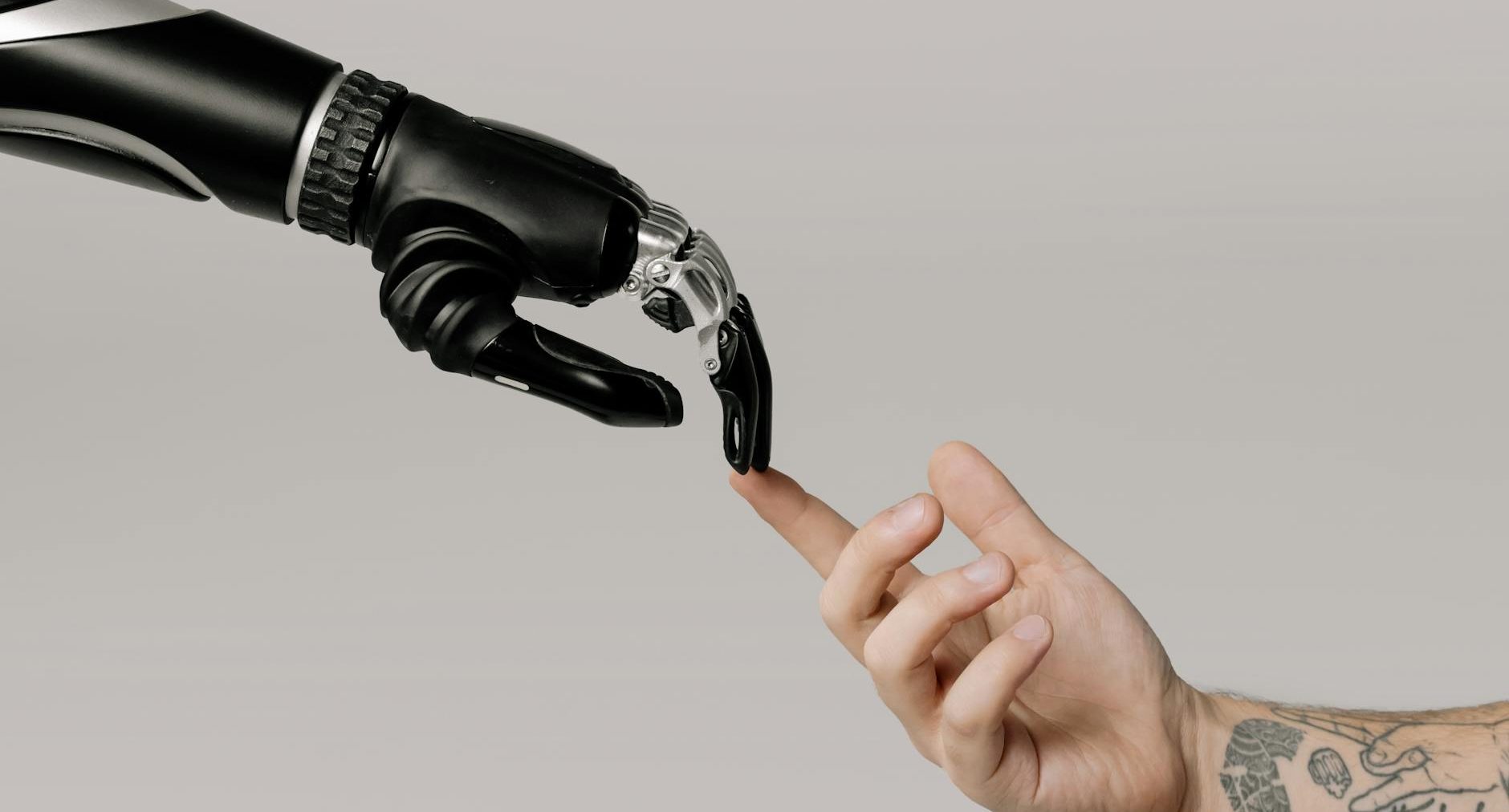Artificial intelligence is the field of science and engineering dedicated to creating machines that can think and learn like humans. It uses sets of instructions,…
Category: Health
✨ Back Pain ✨ 📌 Importance of Back Pain Back pain is one of the most common health problems worldwide. Almost everyone experiences it at…
Have you ever felt a small electric jolt when touching a doorknob, car door, or even another person—especially in dry, cold weather? This sensation is…
The Role of Politics in Health – With Examples from Pakistan Health is fundamentally influenced by politics. Political priorities shape health policies, budget allocations, access…
📌 Yeh kya hai?Frozen shoulder aik aisi halat hai jismein kandhay ke jor (shoulder joint) ki harkat aahista aahista kam hoti jati hai, aur kandha…
Gout ek qisam ki gathiya (Arthritis) hai jo khoon mein uric acid barhne ki wajah se hota hai.Jab uric acid zyada ho jaye to yeh jodon (joints) mein crystals ki shakal mein jama ho…
🩺 “Bukhar bemari nahi, ek alamat hai — aur aksar aap ke jism ka difa‘i paighaam!” 🔬 Bukhar (Fever) Kya Hota Hai? Jab aap ke jism…
Maiday ka dard ya jalan kyu hoti hai? Maiday ke andaruni parday (lining) mein soozish ho to ise Gastritis kehte hain. 🤕 Alamaat (Symptoms) 🔥 Pait ke…
Sab se aam masla hai — magar baaz auqat yeh kisi khatarnaak bemari ki nishani bhi ho sakta hai. ✅ Aam (Common) Wajuhat 🪑 Zyada…
🧠 Sar Dard (Headache) 🌟 Sar Dard Kya Hota Hai? Sar dard dimaagh ke aas paas ya andar kisi jagah par dard ka ehsas hota…
